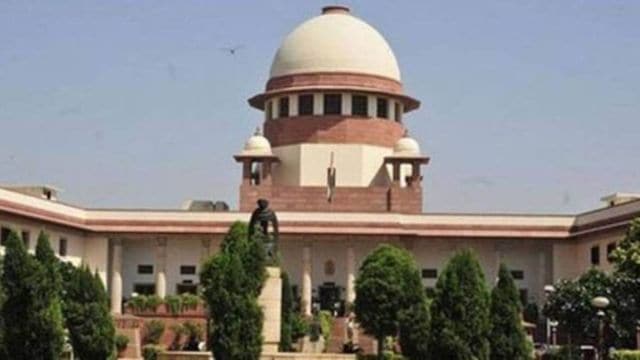SC scraps Telangana land allotment to co-ops with lawmakers, judges
A bench of CJI Sanjiv Khanna and Justice Dipankar Datta said that the allotment decision suffers from “manifest arbitrariness”.
 Quashing the allotment, it said the policy “reeks of colourable exercise of power whereby the policymakers are bestowing valuable resources to their peers and ilk, triggering a cycle of illegal distribution of State resources”.
Quashing the allotment, it said the policy “reeks of colourable exercise of power whereby the policymakers are bestowing valuable resources to their peers and ilk, triggering a cycle of illegal distribution of State resources”.Calling it a “colourable exercise of power” and a violation of equality under Article 14 of the Constitution, the Supreme Court on Monday quashed the land allotments made by the Telangana government within the Greater Hyderabad Municipal Corporation limits to cooperative societies comprising, among others, MPs, MLAs, judges of Supreme Court and high courts, civil servants and journalists.
A bench of CJI Sanjiv Khanna and Justice Dipankar Datta said that the allotment decision suffers from “manifest arbitrariness”. “The classification giving State largesse to Judges of Constitutional Courts, MPs, MLAs, officers of the AIS, journalists, etc. favours a privileged segment of society, which is already better off compared to the vast majority of marginalised and socio-economically disadvantaged individuals,” the court said.
It said “allocation of land at basic rates to select privileged groups reflects a “capricious” and “irrational” approach. This is a classic case of executive action steeped in arbitrariness, but clothed in the guise of legitimacy, by stating that the ostensible purpose of the policy was to allot land to “deserving sections of society,” the court said. The cooperative societies also comprised individuals from weaker sections of society.
Pointing out that “land is a finite and highly valuable resource, particularly in densely populated urban areas”, the SC said allocating land at discounted rates to the privileged few engenders “a system of inequality” and has “wider economic ramifications as well”.
Quashing the allotment, it said the policy “reeks of colourable exercise of power whereby the policymakers are bestowing valuable resources to their peers and ilk, triggering a cycle of illegal distribution of State resources”.
“The State holds all its resources in trust for its citizens, to be utilised in larger public and social interest. The State… are de facto trustees and agents/repositories which function and govern for the benefit of the citizens who are the beneficiaries,” the court said.







